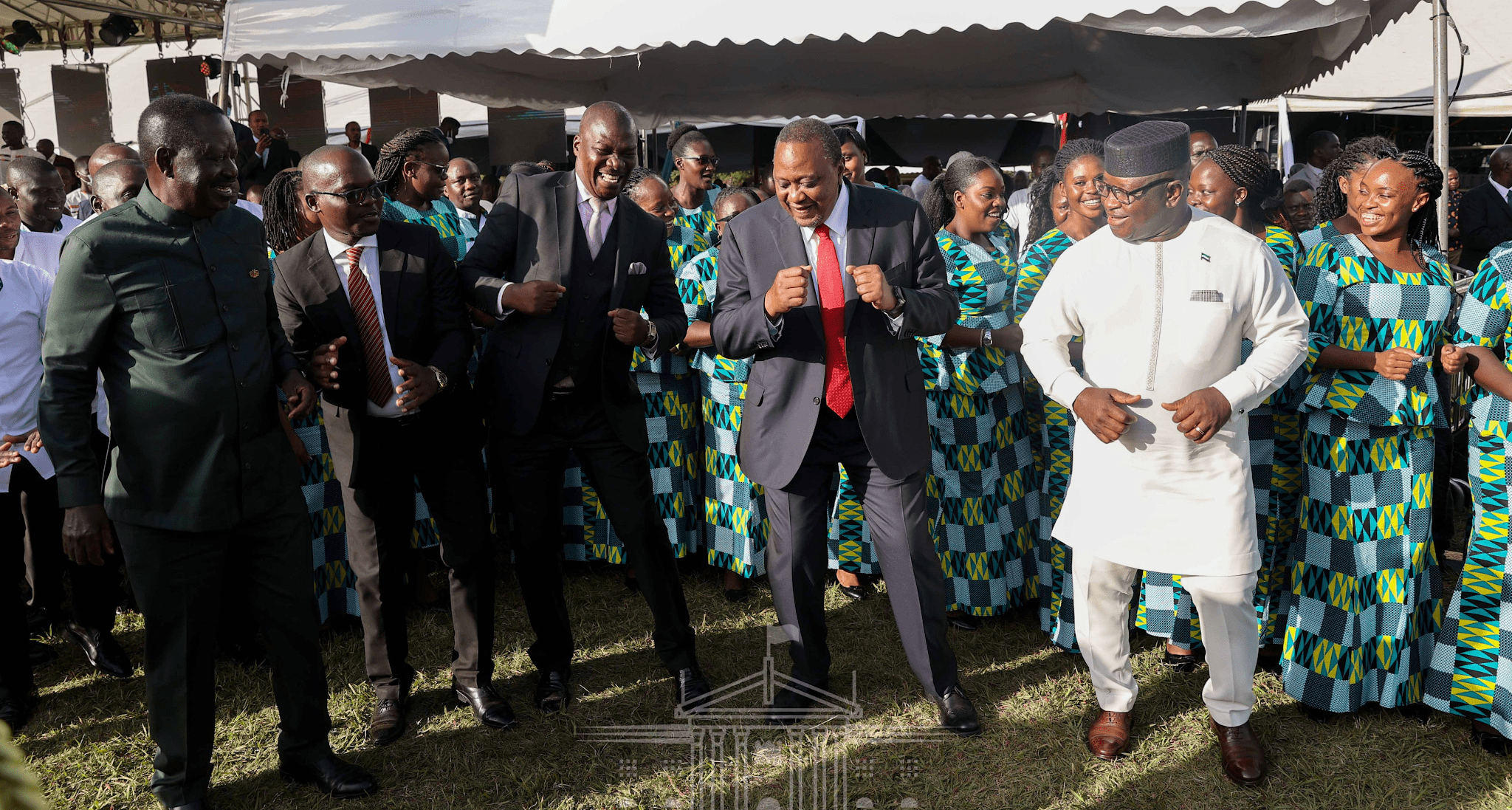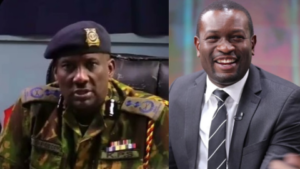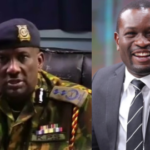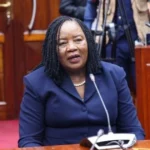By Kwabe Victor,
June 1 marked the 59th Madaraka celebration of Kenya since attaining independence from the colonizers who unleashed terror on the country’s forefathers.
It is a celebration marked as a major event for all Kenyan citizens, especially the forefathers who are still alive and great grandparents, who witnessed the tyrannical torture and oppressive rule.
Upon attainment of independence, the nation promised to fight major failures the nation faced which are majorly poverty, ignorance, and health.
Decades down the line and several generations later, the nation is still straining to implement the three major agendas that would no doubt set Kenya as a nation above other third world countries.
The struggle is evident with numerous facilities failing to cater to the peoples’ needs resolving to seek financial aid that in turn has burdened nations.
The main question that citizens need to look at is what is the problem? Is it the leadership and if yes, what should be done to make things better?
Perhaps the more probable change would have been attained by leaders like Tom Joseph Mboya, who pushed for free thought, and more action, evidenced by the numerous scholarships he offered the young men to attend further studies abroad.
A move that not only catered for unemployment but also ensured the Kenyans thereby attained international education standards. It presented the possibility of fitting in foreign work systems as a solution for unemployment and reduction of the dire debt burden in Africa.
Tom Mboya once stated, “we will never, never sell our freedom for capital or technical aid. We stand for freedom at any cost” For a true leader, the main vision is to create a future for the people, a future that once envisioned and explained to the people should guarantee them that empowerment is a possibility and it’s the only way forward.
This visionary leadership, if implemented perhaps, should have set Kenya as a nation at par with Singapore who were at par economically in the early 80s and 90s.
Leadership in Kenya
As quoted earlier on by the late Thomas Sankara: “he who feeds you, controls you.” This expression fits the flow of leadership reign in Kenya as it tailors the citizens to be needy rather than empower them to free choice, while the leaders grow immensely rich.
The late Mwai Kibaki once quoted: “leadership is a privilege to better the lives of others. It is not an opportunity to satisfy personal greed.” Independent thought has become an internal enemy evidenced by the repetition of leaders who promised changes and failed to deliver three-four decades ago, yet seek roles to represent citizens again and again resorting to pulling stunts like bribing for relevance to needy people.
The chance of independent ideologists making it to leadership at different levels is a challenge faced by several barriers despite the vision at hand to build and empower the people.
The power of a force called “The People” has slowly deteriorated into an individualistic struggle that has left so many succumbing alone in situations that would have been managed and solved through people engagement.
Leadership has become a topic rarely delved into out of fear of intimidation, and blackmail which raises the question of freedom boldly.
Are the people given a platform to ask or led like blind sheep?
Isidore Sankara once said: “there are days that hold lessons incomparably richer than those of an entire decade. During such days, the people learn with such incredible speed and so profoundly that a thousand days of study are nothing in comparison.
“That’s why when told two years is too short a time for returning to normal constitutional life, we say it’s quite sufficient. Because when you let people speak in complete freedom and complete democracy, the people will tell you in thirty minutes what they want. There’s no need for two years.”
Change is sung and generations come and go with little or no change implemented. Hence, there is a need for the people’s power to reclaim their role and challenge political fronts on what their obligations are pertaining to the needs of the people.
About the Author
Kwabe Victor
Contributor
Multimedia Journalist. Aspiring documentary/Investigative journalist, currently immersed in writing Political, Business and Human Interest Stories. Speak Life.















